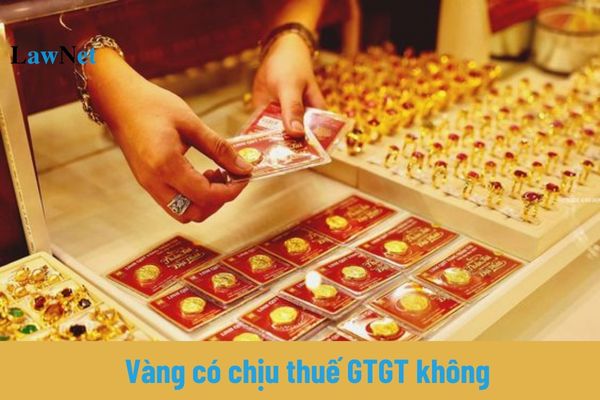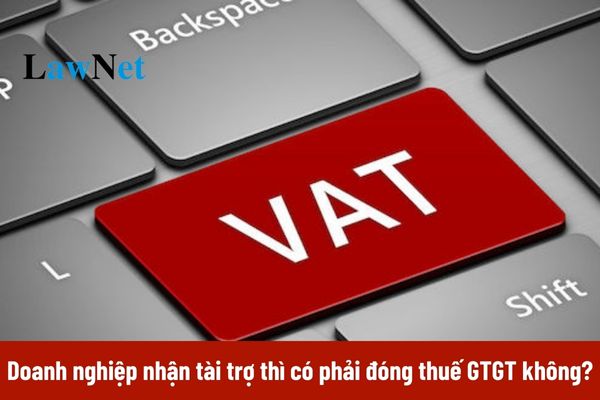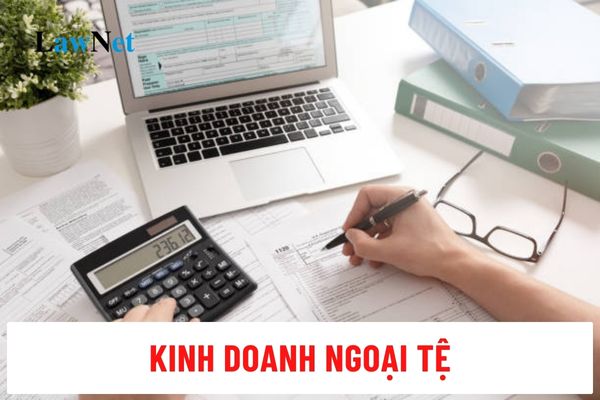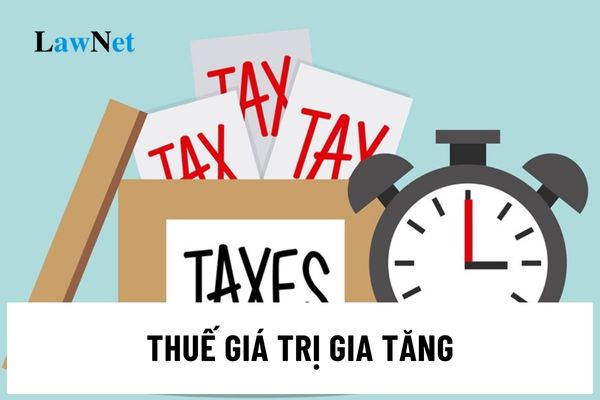Is gold subject to value added tax in Vietnam?
Is gold subject to value added tax in Vietnam?
According to Clause 22, Article 5 of the 2008 Value Added Tax Law, amended by Clause 1, Article 3 of the 2014 Law Amending Tax Laws, effective from January 1, 2015, specific provisions are as follows:
Non-Taxable Objects
...
- Goods in transit, transshipment through Vietnamese territory; goods temporarily imported, re-exported; goods temporarily exported, re-imported; imported materials for the production and processing of export goods under production contracts; processing and exporting signed with foreign parties; goods and services traded between foreign countries with non-tariff zones and between non-tariff zones with each other.
- Technology transfer as regulated by the Technology Transfer Law; assignment of intellectual property rights as regulated by the Intellectual Property Law; computer software.
- Gold imported in the form of bars or ingots not processed into fine art products, jewelry, or other products.
...
Thus, according to the above regulation, raw gold (gold bars, gold ingots) is generally not subject to VAT. However, gold jewelry, crafted gold, or processed gold products are usually subject to VAT.

Is gold subject to value added tax in Vietnam? (Image from Internet)
What is the VAT calculation method applied to gold, silver, and gemstone trading entities in Vietnam?
Based on Clause 4, Article 12 of Circular 219/2013/TT-BTC, amended by Clause 3, Article 3 of Circular 119/2014/TT-BTC, is as follows:
Deduction Tax Method
...
- Other cases:
a) If a business establishment is engaged in buying, selling, crafting gold, silver, and gemstones, the establishment must separately account for this activity to pay tax according to the direct method on the added value as guided in Article 13 of this Circular.
b) For enterprises paying VAT by the deduction method that have established branches (including branches established from the enterprise's investment project), if a branch falls under the category of separate VAT declaration as per the law on tax management, the tax calculation method for the branch shall be determined according to the tax calculation method of the operating enterprise. If a branch does not directly sell goods, does not arise revenue, or the branch is in the same province or city as the enterprise's headquarters but does not declare separately, tax is declared centrally at the enterprise’s headquarters.
...
Thus, for entities engaged in trading gold, silver, and gemstones, they must separately account for this activity to pay tax according to the direct method on the added value.
What type of invoice is applied to gold, silver, and gemstone trading entities in Vietnam?
According to Article 8 of Decree 123/2020/ND-CP, invoices are stipulated as follows:
Type of Invoice
Invoices prescribed in this Decree include the following types:
- Value-added tax invoice is an invoice for organizations declaring value-added tax by the deduction method used for activities:
a) Selling goods, providing services domestically;
b) International transportation activities;
c) Export into non-tariff zones and cases regarded as export;
d) Exporting goods, providing services abroad.
- Sales invoice is an invoice for the following organizations and individuals:
a) Organizations and individuals declaring and calculating value-added tax by the direct method used for activities:
- Selling goods, providing services domestically;
- International transportation activities;
- Export into non-tariff zones and cases regarded as export;
- Exporting goods, providing services abroad.
b) Organizations and individuals in the non-tariff zone when selling goods, providing services domestically and when selling goods, providing services among organizations and individuals in the non-tariff zone and exporting goods, providing services abroad, the invoice clearly states "For organizations and individuals in the non-tariff zone."
...
As analyzed above, entities trading gold, silver, and gemstones pay tax according to the direct method on added value. Therefore, these entities will apply the sales invoice.
Until When is the 8% VAT Reduction Applied?
According to Article 2 of Decree 72/2024/ND-CP on the policy of reducing value-added tax according to Resolution 142/2024/QH15
Effective Date and Implementation
- This Decree takes effect from July 1, 2024, until December 31, 2024.
- Ministries, within their functions and tasks, and People's Committees of centrally governed provinces and cities shall direct relevant agencies to disseminate, guide, inspect, and supervise so that consumers understand and enjoy the benefits from the VAT reduction stipulated in Article 1 of this Decree, focusing on solutions to stabilize the supply-demand of goods and services under the VAT reduction category to maintain price stability in the market (price without VAT) from July 1, 2024, to December 31, 2024.
...
Thus, according to the regulation above, the 8% VAT reduction is applied from July 1, 2024, until December 31, 2024.







- How long is the duration of exemption from licensing fees for a new enterprise in Vietnam? What are cases of licensing fee exemption in Vietnam?
- What are cases where the input VAT must not be deducted in Vietnam? What are the conditions for VAT input deduction?
- What are cases where personal income late payment interest is charged in Vietnam?
- How long can a taxpayer delay submitting tax declaration dossiers before their information is published in Vietnam?
- What is the Form 01/CT-KTT for amendments to the information of tax accounting books in Vietnam?
- When is the deadline for submitting annual financial statements in Vietnam? How much is the penalty for late submission?
- Shall import-export duties be paid in foreign currency in Vietnam?
- What is the excise tax rate for beer in Vietnam in 2024?
- What is coefficient K for monitoring invoicing beyond a safety threshold in Vietnam? What is the formula for calculating coefficient K in Vietnam?
- What are cases where the input VAT must not be deducted in Vietnam?

